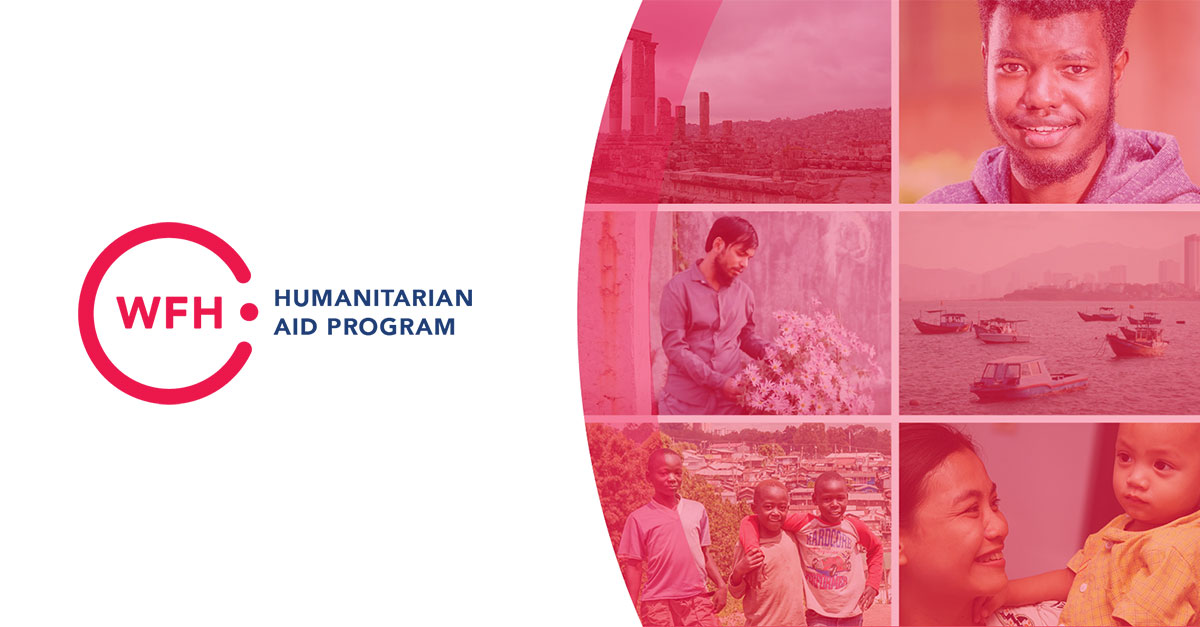WFH support in South America has come in many ways, including from the WFH Humanitarian Program, the WFH Path to Access to Care and Treatment (PACT) Program, the International External Quality Assessment Scheme (IEQAS), and more.
The following stories were featured on the WFH News page in the past. They each cover the story of someone from South America who was touched by the WFH Humanitarian Aid Program.
Suriname
Sheldon Simson, diagnosed with severe hemophilia A in Suriname, suffered joint damage due to limited medical access. Now nearly 40, he uses crutches and a scooter. In 2021, donated factor from the WFH Humanitarian Aid Program allowed him to start prophylaxis, significantly reducing his bleeds to just two in four months. Read the full story, click here.
Guyana
Mohammad, a 42-year-old with hemophilia A in Guyana, faced stigma, joint damage, and career challenges due to a lack of awareness and medical support. Thanks to the WFH Humanitarian Aid Program and local efforts, he now receives regular prophylactic treatment, enabling him to manage bleeds effectively, undergo a successful surgery, and lead a more normal life. Read the full story, click here.
Nicaragua
Isaías, a 27-year-old from Nicaragua with severe hemophilia A, suffered a traumatic eye injury that threatened his vision. Fortunately, he was saved through an immediate factor infusion made possible by the WFH Humanitarian Aid Program. Thanks to donated factor and additional treatments, he made a full recovery. Read the full story, click here.
Venezuela
A 21-year-old man with severe hemophilia B in Venezuela was hospitalized following a car accident, but thanks to factor donated by the WFH Humanitarian Aid Program, he received timely treatment and avoided permanent joint damage. After a series of infusions, he was discharged and is now undergoing physiotherapy, with a full recovery and retention of mobility expected. Read the full story, click here.
Honduras
Born in Honduras, Felix Abener Flores Oliva was diagnosed with hemophilia at age six, after a head injury as an infant led to uncontrolled bleeding, several surgeries, and months in the hospital due to limited resources and awareness of hemophilia. Thanks to support from the Hemophilia Foundation of Honduras and donated factor provided by the WFH Humanitarian Aid Program, his quality of life has improved; he remains determined to stay positive and serve as a role model for others with bleeding disorders. Read the full story, click here.
To find out more about the WFH Humanitarian Aid Program, please click here.
About the WFH Humanitarian Aid Program
The WFH Humanitarian Aid Program improves the lack of access to care and treatment by providing much-needed support for people with inherited bleeding disorders in developing countries. By providing patients with a more predictable and sustainable flow of humanitarian aid donations, the WFH Humanitarian Aid Program makes it possible for patients to receive consistent and reliable access to treatment and care. None of this would be possible without the generous support of Sanofi and Sobi, our Founding Visionary Contributors; Bayer, CSL Behring and Roche, our Visionary Contributors; Grifols, our Leadership Contributor; and Takeda and Japan Blood Products Organization, our Contributors. To learn more about the WFH Humanitarian Aid Program, visit www.treatmentforall.org.













